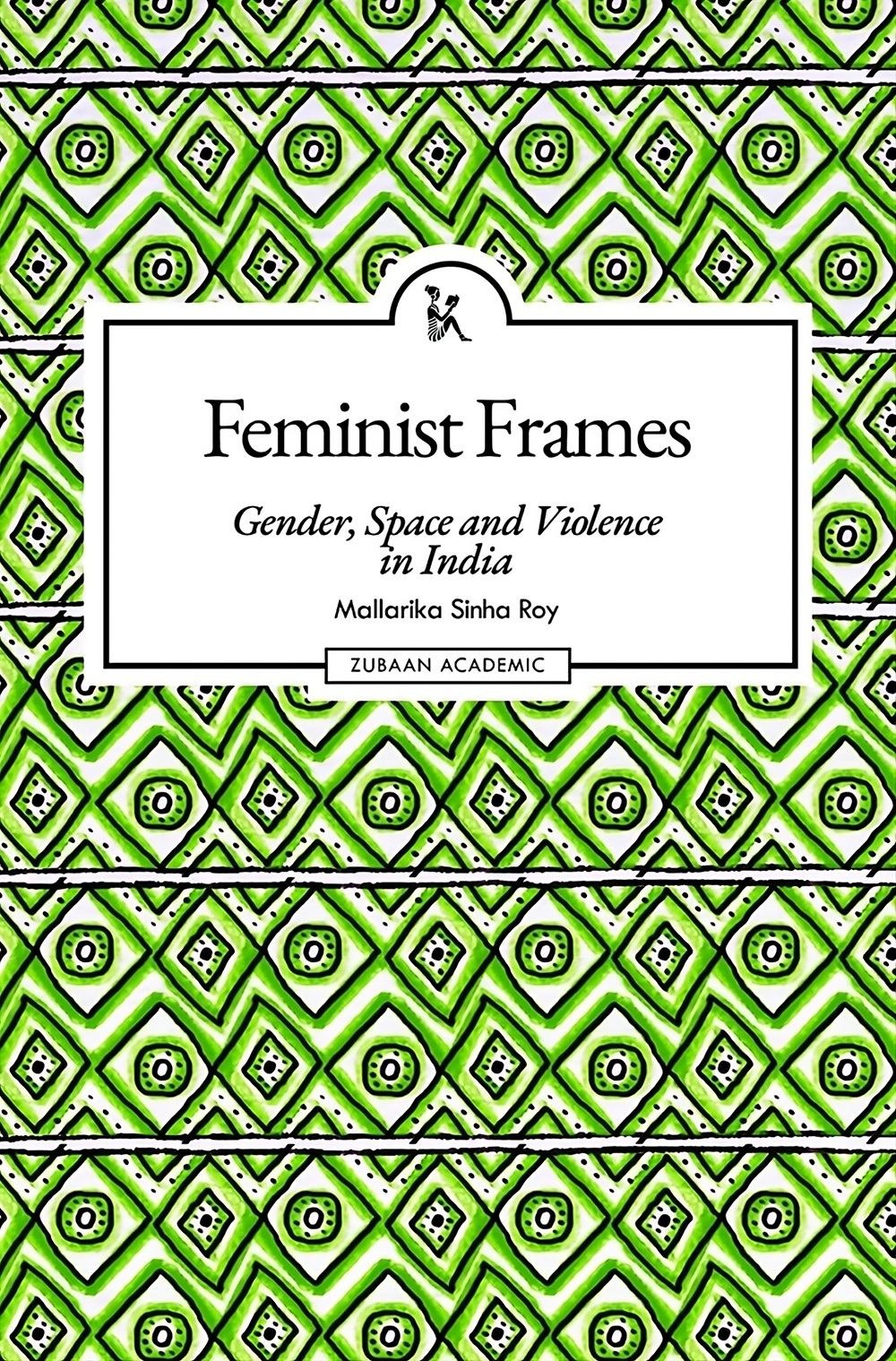
© 2020 Penguin India

This book revisits approaches to South Asian feminist politics through the lens of shared historical memories and their social spatialisation. The author looks at borderlands, socialist visions of internationalism, cultures of travel, theatre history, artist-activist performances, and connected histories of discrete geo-political formations. Locating the book’s spatial context in Bengal—for its long tradition of militant movements and its historical cross-border connections—Sinha Roy attempts to release the spatial into South Asian feminism and historicise the space and place of Bengal in a dynamic relationship with time. She argues that in addition to plotting a temporally progressive chronological story of gender, violence and love in the inert space of Bengal (bracketed by national and international borders), the practices of spatialisation play an active role as temporal emplotment, in organising and prioritising the major place-based arguments.
Imprint: Zubaan Publishers Pvt Ltd
Published: Feb/2025
ISBN: 9789390514847
Length : 324 Pages
MRP : ₹895.00
Imprint: Penguin Audio
Published:
ISBN:
Imprint: Zubaan Publishers Pvt Ltd
Published: Feb/2025
ISBN:
Length : 324 Pages
MRP : ₹895.00
This book revisits approaches to South Asian feminist politics through the lens of shared historical memories and their social spatialisation. The author looks at borderlands, socialist visions of internationalism, cultures of travel, theatre history, artist-activist performances, and connected histories of discrete geo-political formations. Locating the book’s spatial context in Bengal—for its long tradition of militant movements and its historical cross-border connections—Sinha Roy attempts to release the spatial into South Asian feminism and historicise the space and place of Bengal in a dynamic relationship with time. She argues that in addition to plotting a temporally progressive chronological story of gender, violence and love in the inert space of Bengal (bracketed by national and international borders), the practices of spatialisation play an active role as temporal emplotment, in organising and prioritising the major place-based arguments.